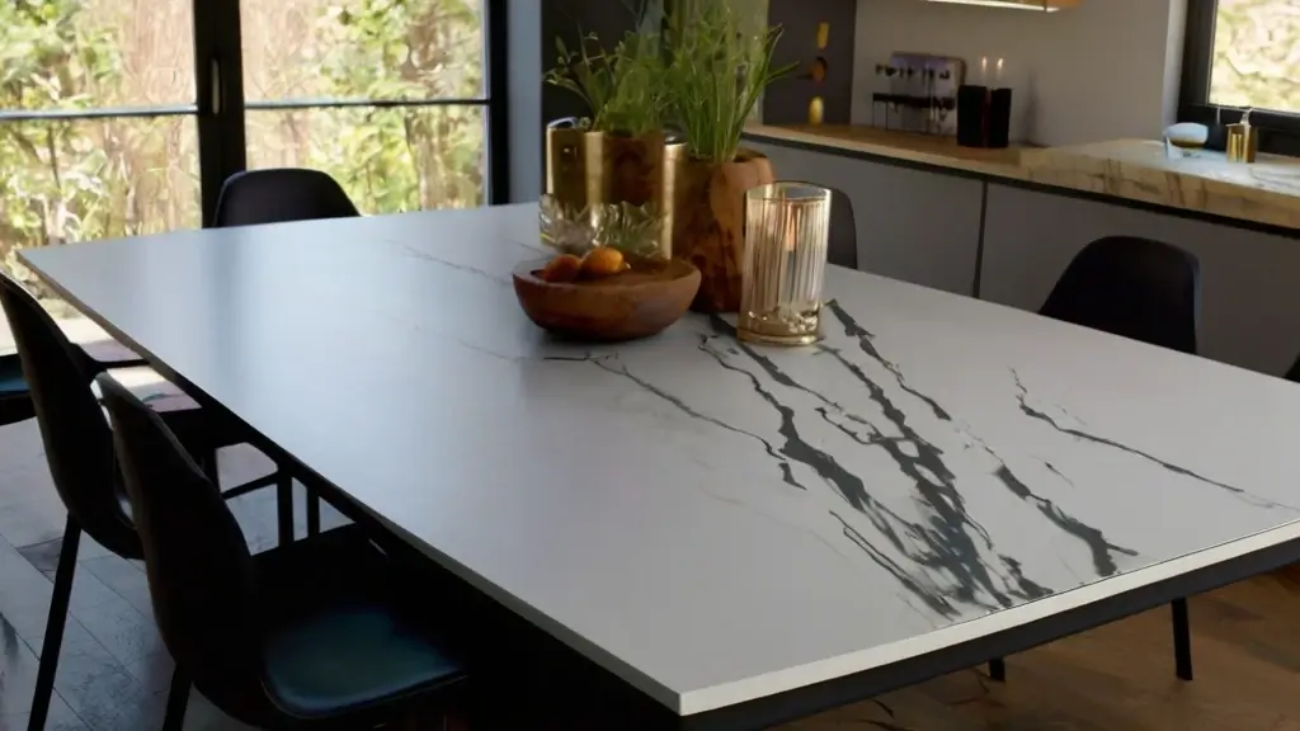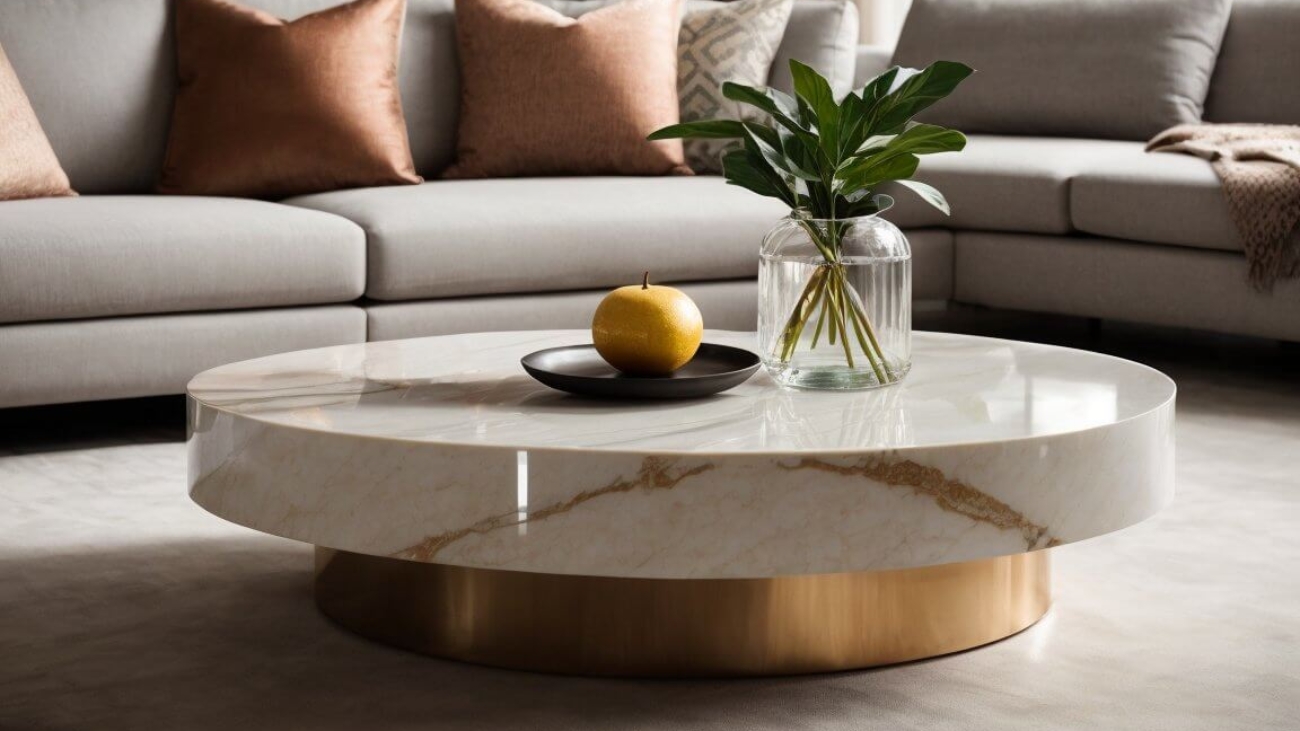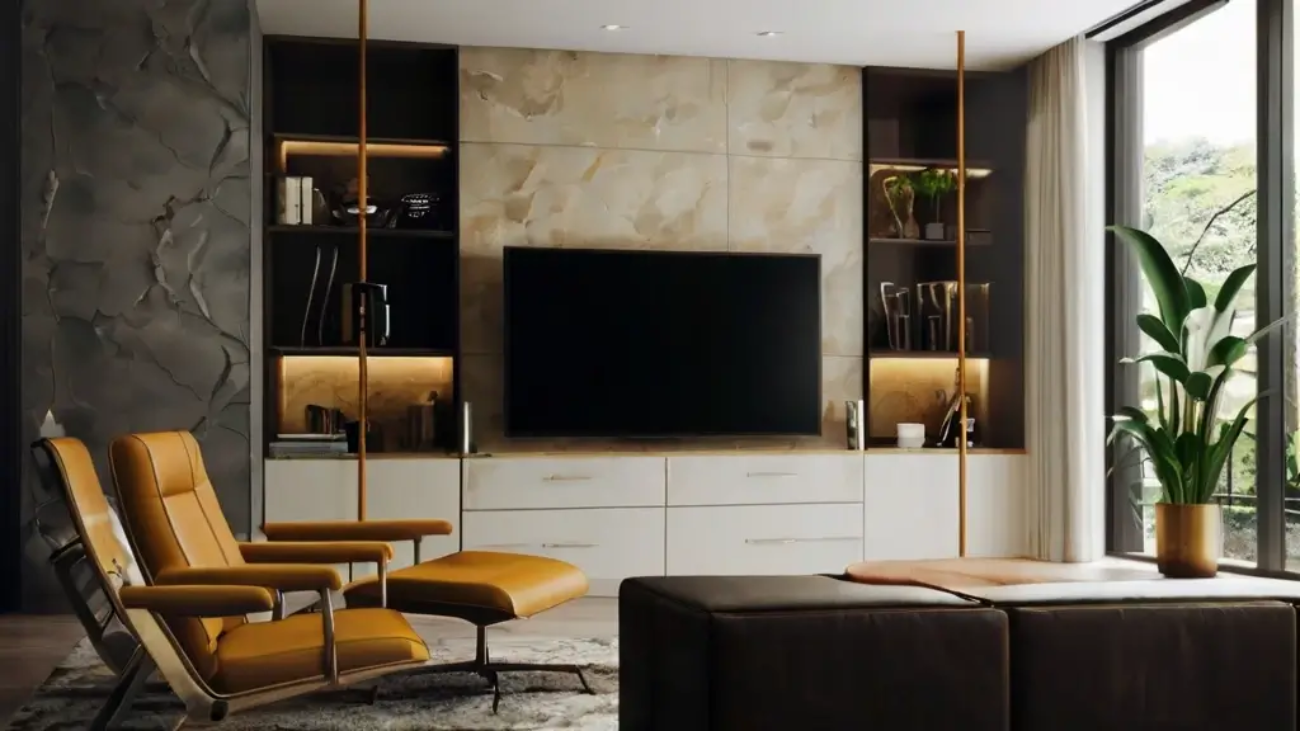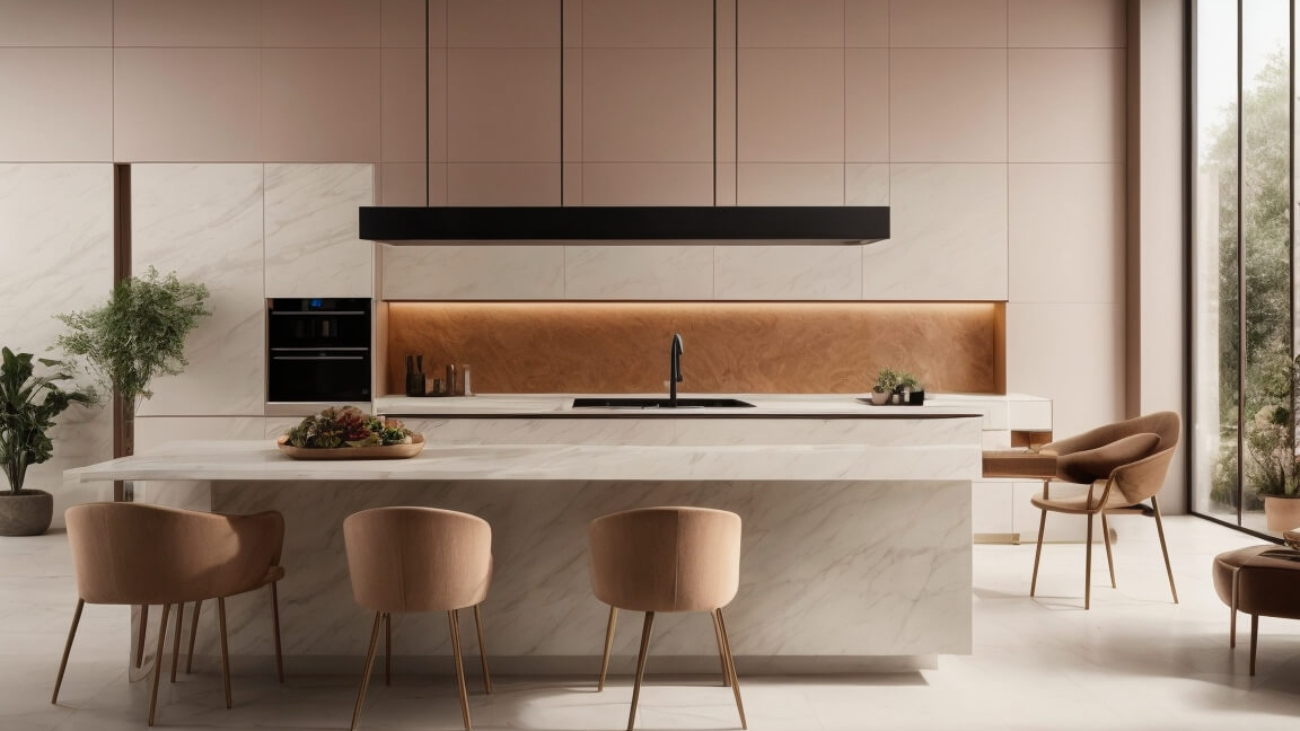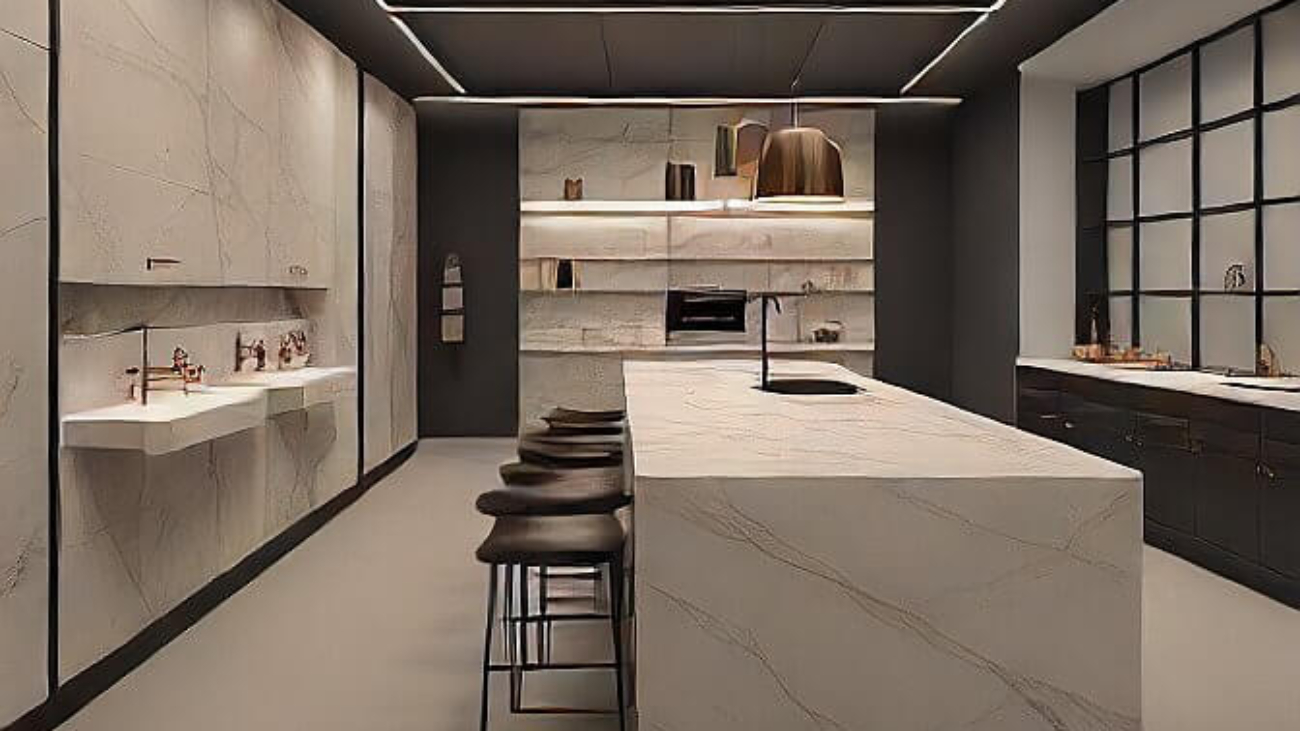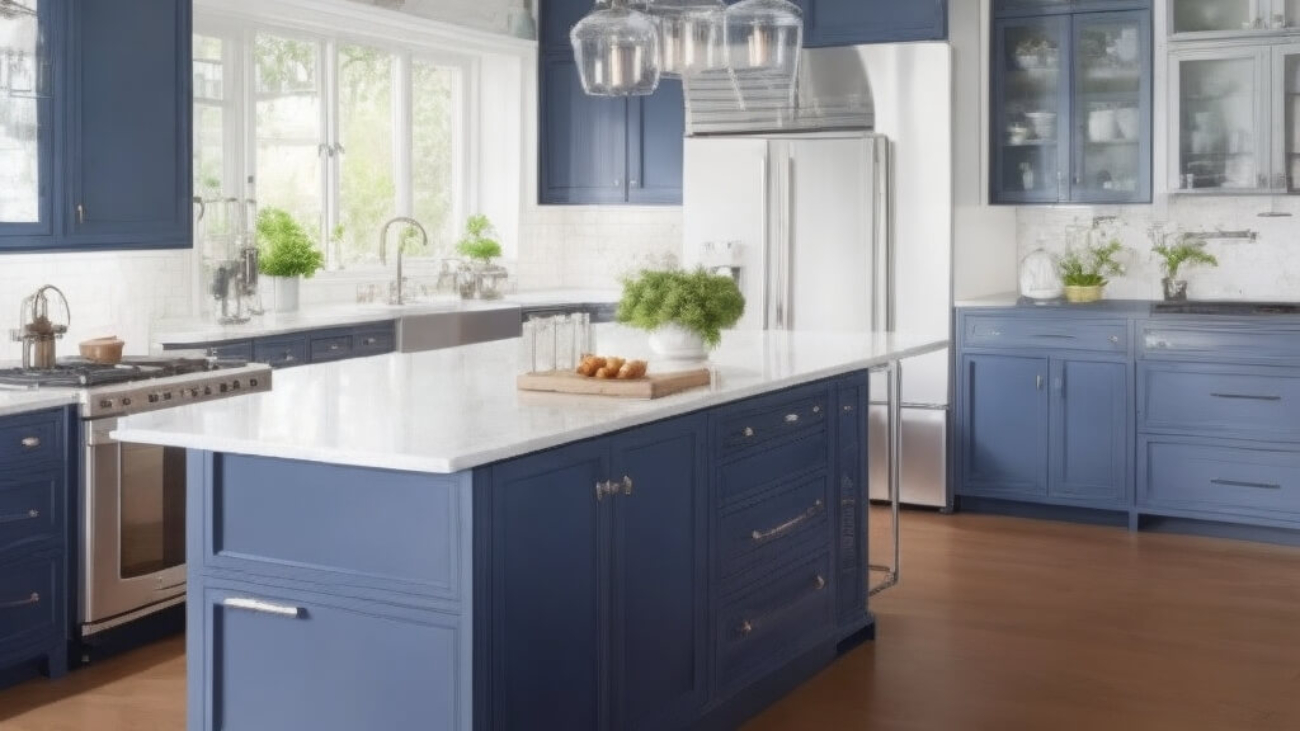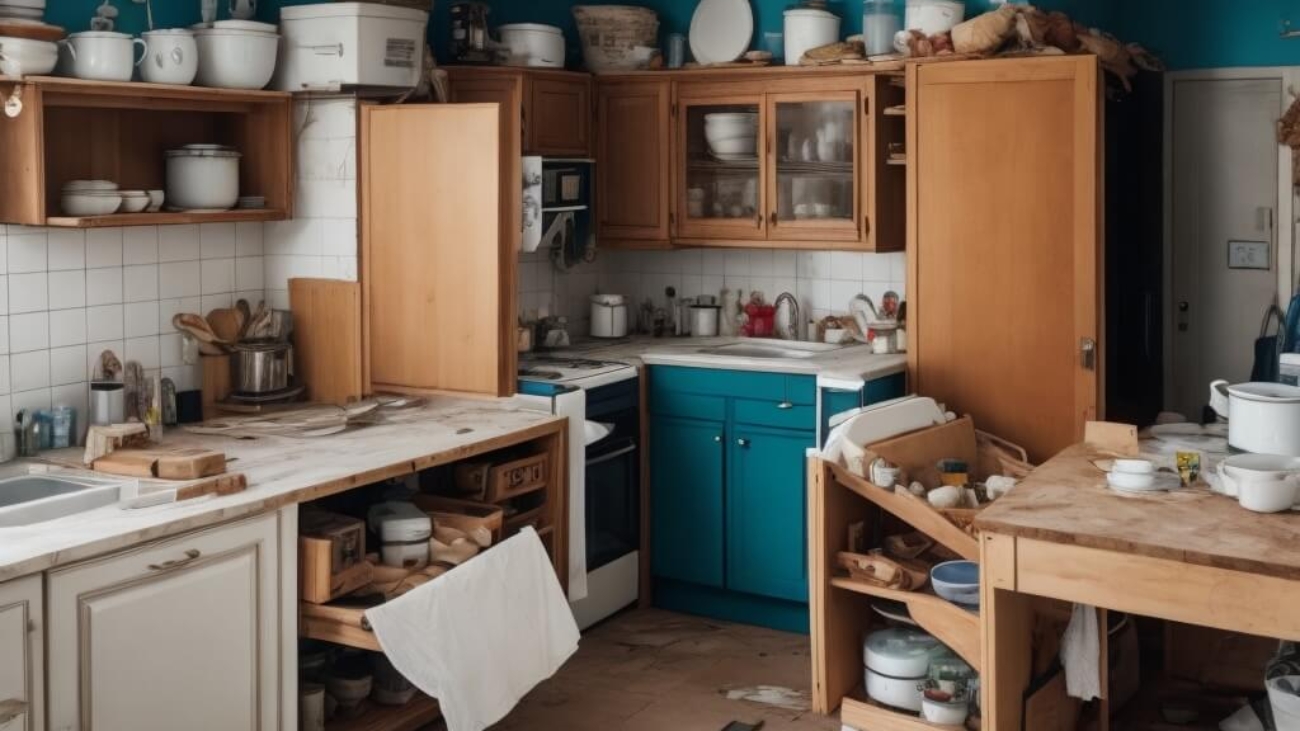Introduce Porcelain Table Tops in Malaysia
Porcelain table tops have become increasingly popular in interior design due to their durability, heat resistance, low maintenance, and aesthetic appeal. Porcelain is a type of ceramic material that is made from a mixture of clay, feldspar, and silica. It is then fired at high temperatures to create a hard and dense surface that is resistant to scratches and stains.
Porcelain table tops are commonly used in both residential and commercial settings. They can be found in kitchens, dining rooms, restaurants, cafes, and other spaces where a durable and stylish surface is desired. With their sleek and elegant appearance, porcelain table tops can instantly elevate the design of any space.
Benefits of Using Porcelain Table Tops in Malaysia
One of the main benefits of using porcelain table tops is their durability and resistance to scratches and stains. Unlike other materials such as wood or laminate, porcelain is extremely hard and can withstand heavy use without showing signs of wear. This makes it an ideal choice for high-traffic areas where spills and accidents are likely to occur.
Another advantage of porcelain table tops is their heat resistance. They can withstand high temperatures without being damaged or discolored. This makes them perfect for use in kitchens or outdoor dining areas where hot pots, pans, or dishes may come into contact with the surface.
In addition to their durability and heat resistance, porcelain table tops are also low maintenance. They are easy to clean and require minimal upkeep. Unlike natural stone materials such as granite or marble, porcelain does not need to be sealed or polished regularly. A simple wipe with a damp cloth is usually enough to keep the surface looking clean and shiny.
Furthermore, porcelain table tops are aesthetically pleasing. They come in a wide range of colors, patterns, and finishes, allowing for endless design possibilities. Whether you prefer a classic white marble look or a bold and vibrant pattern, there is a porcelain table top to suit your style and taste.
Porcelain Table Tops vs Other Materials
When comparing porcelain table tops to other popular table top materials such as granite and marble, there are several advantages that porcelain has to offer. While granite and marble are known for their natural beauty and elegance, they can be quite expensive and require regular maintenance to keep them looking their best.
Porcelain, on the other hand, offers a similar aesthetic appeal at a more affordable price point. It can mimic the look of natural stone without the high cost and maintenance requirements. Additionally, porcelain is more durable and resistant to scratches and stains compared to granite and marble. This makes it a practical choice for busy households or commercial spaces where durability is a priority.
Another advantage of porcelain over other materials is its heat resistance. While granite and marble can be damaged by hot pots or pans, porcelain can withstand high temperatures without being affected. This makes it a safer option for use in kitchens or outdoor dining areas.
Solid Top Sdn Bhd: A Leading Porcelain Table Top Supplier in Malaysia
| Company Name | Solid Top Sdn Bhd |
|---|---|
| Location | Malaysia |
| Industry | Porcelain Table Top Supplier |
| Products | Porcelain Table Tops |
| Services | Customization, Installation, Maintenance |
| Years in Business | 25+ |
| Customer Base | Residential, Commercial, Hospitality |
| Website | www.solidtop.com.my |
Solid Top Sdn Bhd is a leading supplier of porcelain table tops in Malaysia. With years of experience in the industry, they have established themselves as a trusted provider of high-quality and durable surfaces for both residential and commercial use.
Solid Top Sdn Bhd specializes in the fabrication and installation of porcelain table tops in Malaysia. They work closely with their clients to understand their specific needs and preferences, ensuring that the end result exceeds expectations. Their team of skilled craftsmen uses state-of-the-art equipment and techniques to create flawless and long-lasting surfaces.
Customers who have worked with Solid Top Sdn Bhd have praised their professionalism, attention to detail, and excellent customer service. They appreciate the quality of the products they receive and the expertise of the team in guiding them through the selection process.
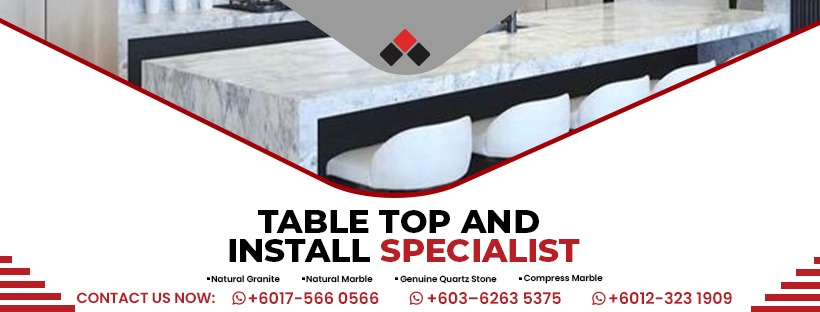
Types of Porcelain Table Tops Available at Solid Top Sdn Bhd
Solid Top Sdn Bhd offers a wide range of porcelain table tops in Malaysia to suit different styles and preferences. They have a variety of colors, patterns, and finishes available, allowing customers to find the perfect surface for their space.
One type of porcelain table top available at Solid Top Sdn Bhd is the classic white marble look. This timeless and elegant design is perfect for those who want to create a luxurious and sophisticated atmosphere in their home or business. The white marble look can be paired with any color scheme or decor style, making it a versatile choice.
Another option is the wood grain porcelain table top. This design mimics the natural beauty of wood, providing a warm and inviting feel to any space. The wood grain pattern adds texture and depth to the surface, creating a visually interesting focal point.
For those who prefer a more contemporary and bold look, Solid Top Sdn Bhd offers porcelain table tops in Malaysia with vibrant patterns and colors. These eye-catching surfaces can add a pop of color and personality to any room, making them ideal for modern or eclectic spaces.
Customization Options for Porcelain Table Tops in Malaysia
Solid Top Sdn Bhd understands that every customer has unique needs and preferences when it comes to their table tops. That is why they offer customization options to ensure that each surface is tailored to the individual’s specifications.
Customers can choose from a variety of edge profiles to create the desired look for their table top. Whether they prefer a sleek and modern square edge or a more traditional rounded edge, Solid Top Sdn Bhd can accommodate their preferences.
In addition to edge profiles, customers can also select the size and shape of their porcelain table top. Whether they need a round, rectangular, or custom-shaped surface, Solid Top Sdn Bhd can create it to their exact specifications.
Furthermore, customers have the option to choose from different finishes for their porcelain table top. They can opt for a glossy finish for a sleek and polished look, or a matte finish for a more subtle and understated appearance. The choice of finish can greatly impact the overall aesthetic of the space, allowing customers to create the desired atmosphere.
Maintenance and Care of Porcelain Table Tops in Malaysia
One of the advantages of porcelain table tops in Malaysia is their low maintenance requirements. They are easy to clean and do not require regular sealing or polishing like natural stone materials.
To clean a porcelain table top, simply wipe it down with a damp cloth or sponge. For tougher stains or spills, a mild detergent can be used. Avoid using abrasive cleaners or scrub brushes, as they can scratch the surface.
It is also important to avoid placing hot pots or pans directly on the porcelain table top. While it is heat resistant, prolonged exposure to high temperatures can cause damage. Always use trivets or hot pads to protect the surface.
With proper care and maintenance, a porcelain table top can retain its beauty and functionality for many years to come.
Porcelain Table Tops in Malaysia for Residential Use
Porcelain table tops can be used in a variety of ways in residential settings to elevate the design of a space. In kitchens, they can be used as countertops or island tops, providing a durable and stylish surface for meal preparation and dining. The heat resistance of porcelain makes it ideal for use in cooking areas where hot pots and pans are frequently used.
In dining rooms, porcelain table tops can be paired with a variety of base options to create a unique and personalized dining experience. Whether it’s a sleek and modern metal base or a rustic wooden base, the combination of materials can add visual interest and enhance the overall design of the room.
Porcelain table tops can also be used in outdoor spaces such as patios or balconies. Their resistance to scratches, stains, and heat makes them perfect for withstanding the elements. They can be paired with weather-resistant furniture to create a stylish and functional outdoor dining area.
Porcelain Table Tops in Malaysia for Commercial Use
Porcelain table tops are not only suitable for residential use but also for commercial settings. They can be found in restaurants, cafes, bars, hotels, and other businesses where a durable and attractive surface is required.
In restaurants and cafes, porcelain table tops can be used for dining tables, bar tops, or countertops. Their durability and resistance to stains make them ideal for withstanding the demands of a busy food service environment. They can also be easily cleaned and sanitized, ensuring a hygienic dining experience for customers.
In hotels, porcelain table tops can be used in lobbies, lounges, or conference rooms to create a sophisticated and welcoming atmosphere. They can be paired with a variety of base options to match the overall design aesthetic of the space.
Elevate Your Space with Porcelain Table Tops from Solid Top Sdn Bhd
Porcelain table tops in Malaysia offer numerous benefits such as durability, heat resistance, low maintenance, and aesthetic appeal. They are a practical and stylish choice for both residential and commercial settings.
Solid Top Sdn Bhd is a leading supplier of porcelain table tops in Malaysia. With their expertise in fabrication and installation, they can create flawless and long-lasting surfaces that exceed customer expectations.
Whether you are looking to upgrade your kitchen countertops or enhance the design of your restaurant, consider Solid Top Sdn Bhd for all your porcelain table top needs. With their wide range of colors, patterns, finishes, and customization options, you can create a surface that is tailored to your specific style and requirements. Elevate your space with porcelain table tops in Malaysia from Solid Top Sdn Bhd and enjoy the benefits of durability, heat resistance, low maintenance, and aesthetic appeal.
If you’re considering a porcelain table top for your home in Malaysia, you may also be interested in learning about the benefits of sintered stone and quartz for your countertops. Solid Top, Malaysia’s top worktop manufacturer, provides valuable insights on the differences between these materials in their article “Sintered Stone vs Quartz for Your Countertops“. Additionally, if you’re an architect looking to create stunning spaces with natural stone, Solid Top offers expert advice in their article “Architect’s Insights: Creating Stunning Spaces with Natural Stone“. Explore these articles to make an informed decision about your table top choice.
FAQs
What is a porcelain table top?
A porcelain table top is a flat surface made of porcelain material that is used as a tabletop for furniture such as dining tables, coffee tables, and side tables.
What are the benefits of using a porcelain table top?
Porcelain table tops are highly durable, scratch-resistant, and heat-resistant. They are also easy to clean and maintain, making them a popular choice for furniture.
Where can I find porcelain table tops in Malaysia?
Porcelain table tops can be found in furniture stores and home decor shops across Malaysia. They are also available online through various e-commerce platforms.
What are the different types of porcelain table tops available in Malaysia?
There are various types of porcelain table tops available in Malaysia, including glazed porcelain, unglazed porcelain, and polished porcelain. Each type has its own unique characteristics and benefits.
How do I care for my porcelain table top?
To care for your porcelain table top, simply wipe it down with a damp cloth and mild soap. Avoid using abrasive cleaners or scrubbers, as they can scratch the surface. It is also important to avoid placing hot items directly on the surface, as this can cause damage.

